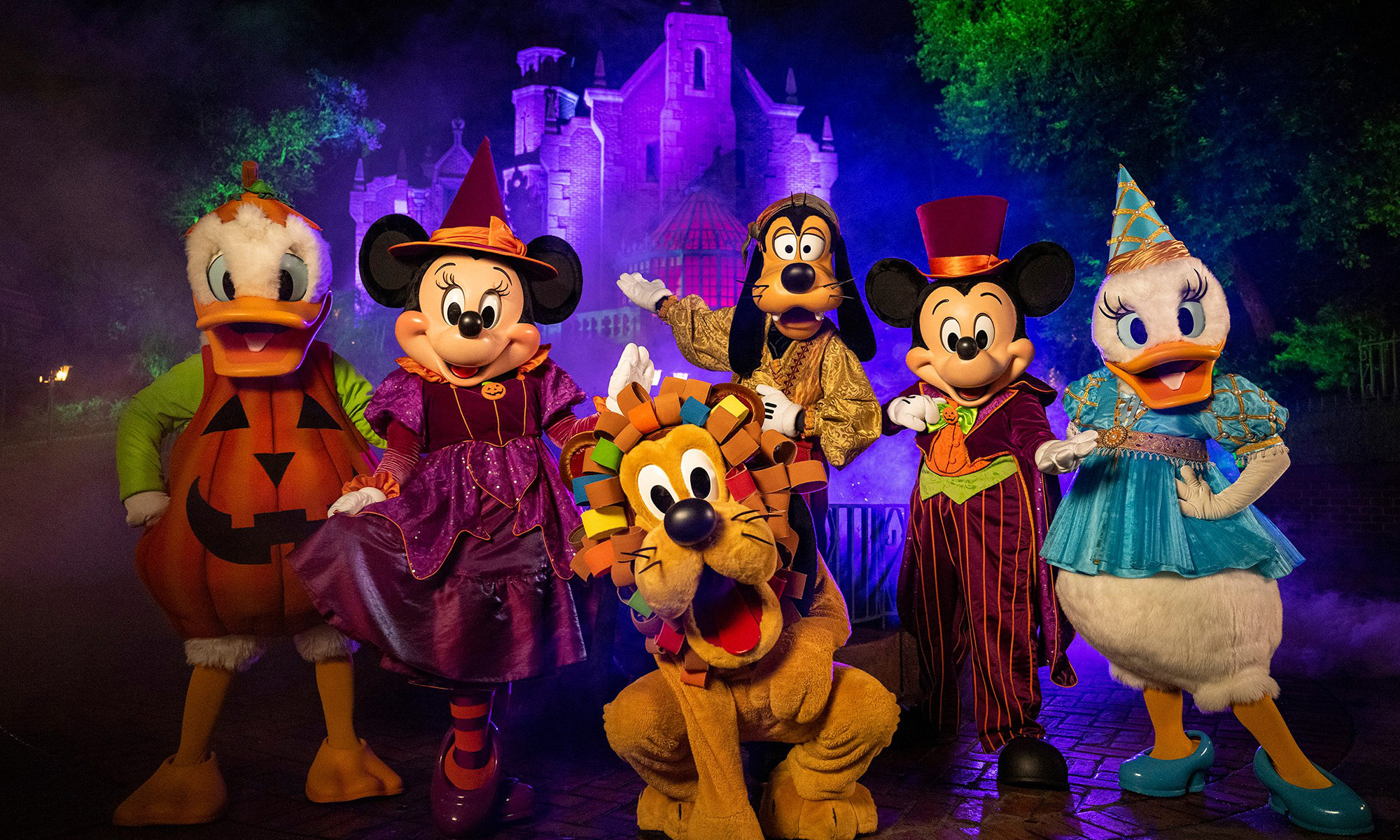
What happened?
According to analytics firm Rentrak (NASDAQ: RENT), Hollywood had a record year in 2015, as blockbuster films became the norm, allowing the industry to surpass $11 billion in box office receipts for the first time ever.

Does it matter?
Not only did movie studios like Comcast's (CMCSA 1.17%) and Time Warner's (TWX +0.00%) Warner Bros. help Hollywood break the previous record of $10.9 billion set in 2013, but they helped fuel individual monthly record-breaking results as well.
For example, Warner Bros. American Sniper had the biggest weekend gross for a January release date while Universal's Fifty Shades of Grey set the opening weekend record for a February release. According to Box Office Mojo, Sniper grossed $89 million its first weekend of wide release while Fifty Shades raked in more than $85 million.
Yet all of 2015 was filled with similar records. Rentrak says Universal's Furious 7 had a $147 million opening weekend box office haul in April, while its Jurassic World had a mammoth -- or was that T. Rex-sized? -- opening in June with a $209 million release.
In fact, Jurassic World had been the all-time winner until Disney's (DIS 1.69%) Star Wars: The Force Awakens was released in December, capturing a new all-time record of $248 million.
The record run of records this year means it will be a hard act for Hollywood and the studios to follow in 2016. Rarely does the year after a record have as good a performance. And studios also have to contend with the fact that much of their record-breaking performances are due to more expensive ticket prices -- not just regular theater seats either, but 3-D performances as well that command significantly higher prices. Tickets were on average $8.61 each this summer, 3% higher than a year ago, but movies like Jurassic World drew as much as 40% of its receipts from such high-tech 3-D showings.
Universal Studios has a better than 21% share of the box office gross this year, but a sequel in 2016 might not be in the offing.







